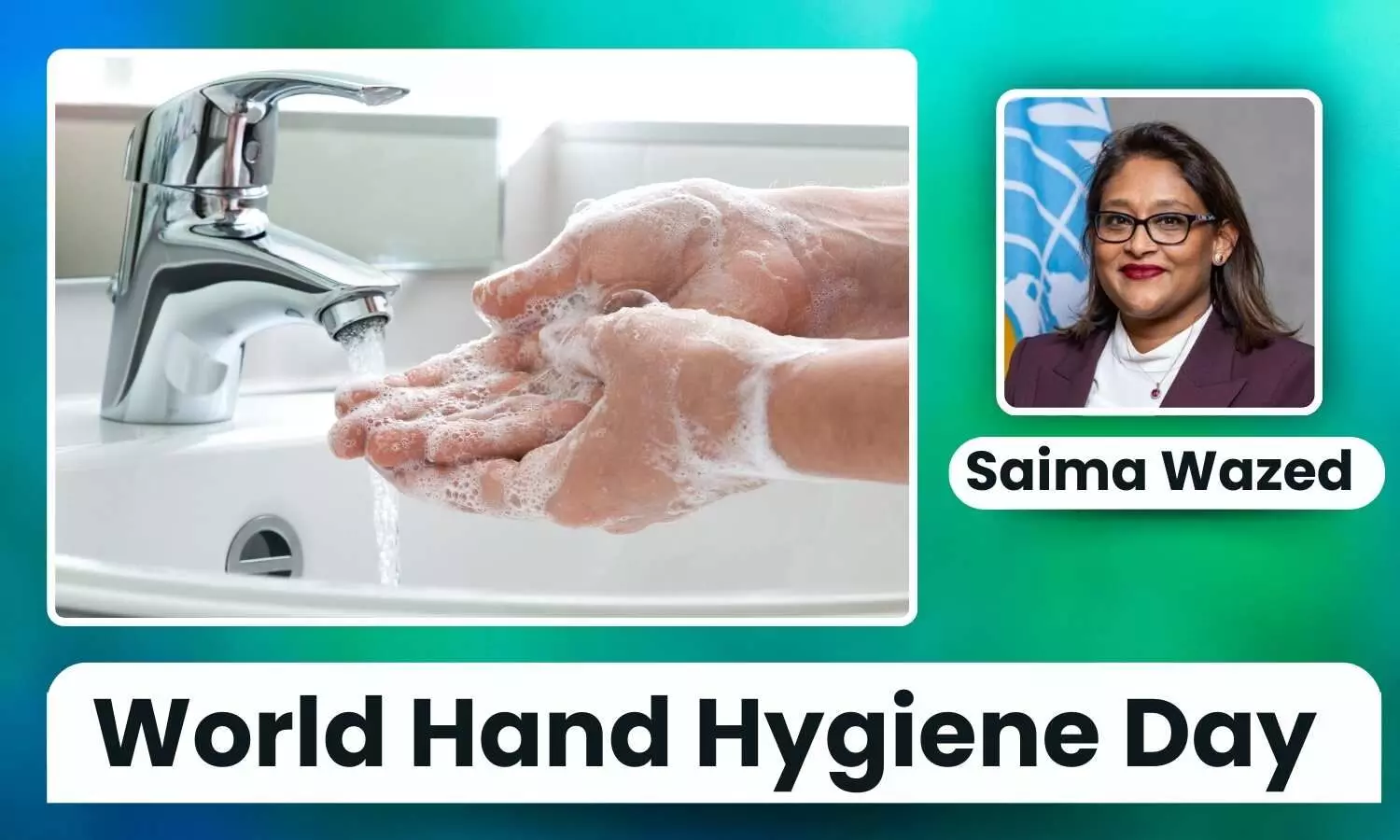World Hand Hygiene Day 2025: Strengthening Patient Safety Through Clean Hands - Saima Wazed

World Hand Hygiene Day, marked annually on 05 May, promotes hand hygiene in healthcare settings. It originates from WHO's First Global Patient Safety Challenge, launched in 2005, to reduce healthcare-associated infections.
Hand hygiene is not a luxury. It is the cornerstone of safe healthcare, and is relevant to all health workers, patients and their families at every single health care encounter.
It contributes to quality universal health coverage, meeting Sustainable Development Goal 3.8, and strongly supports the water, sanitation, hygiene and health (WASH) agenda. Hand hygiene is also an important component of combatting antimicrobial resistance.
Infection prevention and control (IPC), which includes hand hygiene, is fundamental to safe and effective health care systems.
WHO supported countries in drafting evidence-based IPC guidelines for healthcare settings, and established the WHO Core Components of IPC, a standardized framework guiding national IPC programs, healthcare facilities, and training initiatives to ensure effective infection control.
WHO has also developed a Global IPC Strategy, Action Plan, and Monitoring Framework to guide Member States in effectively advancing this agenda.
World Hand Hygiene Day 2025 coincides with the need for countries to rapidly consider implementation of the Global action plan and monitoring framework on infection prevention and control (IPC), 2024–2030 – supported by a guide to implementation - and the need to continue to improve IPC as demonstrated in the latest Global report on infection prevention and control 2024.
The Global Report reveals that most countries in our South-East Asia region have an active national IPC program, many of which are supported by national guidelines complying with national standards or with WHO set core component standards.
The appointed IPC focal points reported having dedicated time for their tasks in most of our countries, and six of our countries have an identified, protected, and dedicated budget allocated to the IPC program according to planned activity.
This year, World Hand Hygiene Day's theme is 'It might be gloves. It's always hand hygiene'. It reminds us that disposable medical gloves can get contaminated as easily as bare hands, and hand hygiene remains crucial even while wearing gloves.
WHO has compiled related resources for health and care workers, IPC professionals, managers and leaders, and people who access care: World Hand Hygiene Day 2025.
I urge each of you to delve into the resources provided, rally behind the cause, and join us in spreading the message that clean hands save lives.


